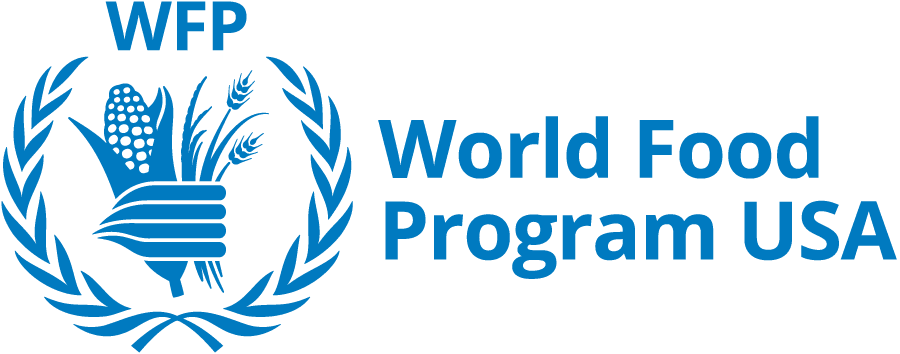Reaching the Vulnerable
With a growing population of more than 100 million, Egypt is the most populous country in North Africa and the Arab world, and an influential geopolitical actor in the region.
In line with Egypt’s Sustainability Development Strategy: Vision 2030, the country has transformed the design, delivery and scope of its national social protection programs and the National School Feeding Program to better support vulnerable groups.
While maintaining positive economic growth, Egypt faces a set of long-standing development challenges, including poverty, food insecurity, malnutrition, spatial and social disparity, and gender-based inequality, as well as climate shocks.
According to the 2022 Global Hunger Index, Egypt sustains a moderate level of hunger, ranking 57 out of 121 countries. Food affordability, quality and safety remain challenges as Egypt continues to rely on global markets for more than half of its staples. Malnutrition is another public health concern, with a 13 percent stunting rate, and 4 percent of children under 5 years of age being underweight.
You can make a difference. By understanding issues, learning how to civically engage, and joining the movement to end global hunger for good.
 WFP/Mohammad Gamal
WFP/Mohammad Gamal









